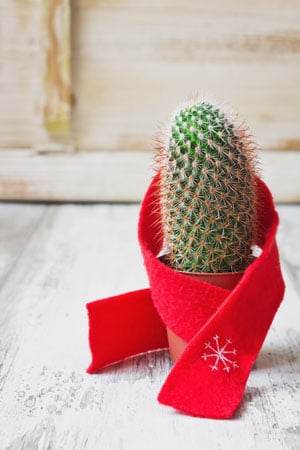
Evaluate Your Home's Exterior
Water expands when it freezes. This means that small problems can quickly become big ones when the temperature goes down. At the beginning of winter, look over your home's roof, gutters, and siding for cracks, missing shingles, and other signs of damage. This will allow you to address any problems you may find before the damage gets worse.
Cover Your Plants
Keeping your garden's plants healthy during the cold weather can be challenging. But by taking a few protective measures, you can guarantee beautiful blooms come spring. This is the time of year to replace the mulch around your plants. Simply remove the old mulch and spread new mulch about 3 inches thick. Not only will this help the ground retain warmth, it also restores vital nutrients to the soil.
During the cold nights, you should also cover your plants with a cloth to prevent them from freezing. This cloth could be a blanket, burlap, or frost barrier fabric. Use stakes or ties to keep these covers in place, being careful to not put pressure on the plant's stems.
Protect Your Pipes
Once everyone goes to sleep, the water is likely sitting still in the pipes all night. This is a huge freezing risk. If the water freezes, not only will you be left without water - your pipes may burst, leading to costly plumbing repairs. Fortunately, there are several steps you can take ahead of time to keep your pipes from freezing.
Cover all outside faucets and pipes with insulated covers and sleeves. Before you go to bed, leave a faucet running with a small trickle of cold water. This will keep the water flowing in the pipes without wasting a lot of water. When you wake up in the morning, turn the cold water on full blast and let it run for a minute or two to allow the pipes to fully clear.
Make sure your roof is in tip top shape in preparation for this winter. Contact First Quality Roofing & Insulation today for a 17 point roof inspection.

















